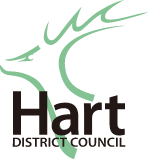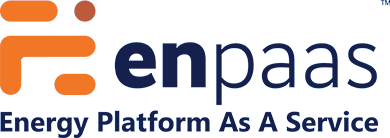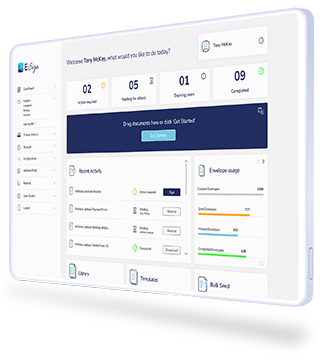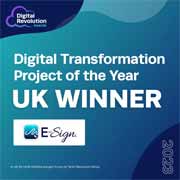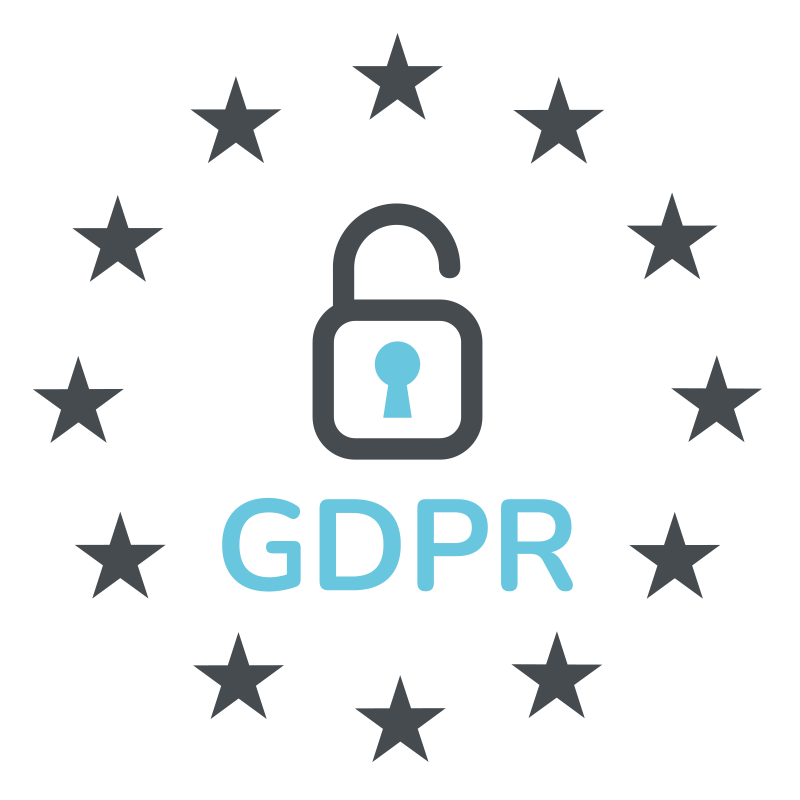The Legality of eSignatures in Iceland
Explore the legality of electronic signatures in Iceland and the laws and regulations that govern their use.
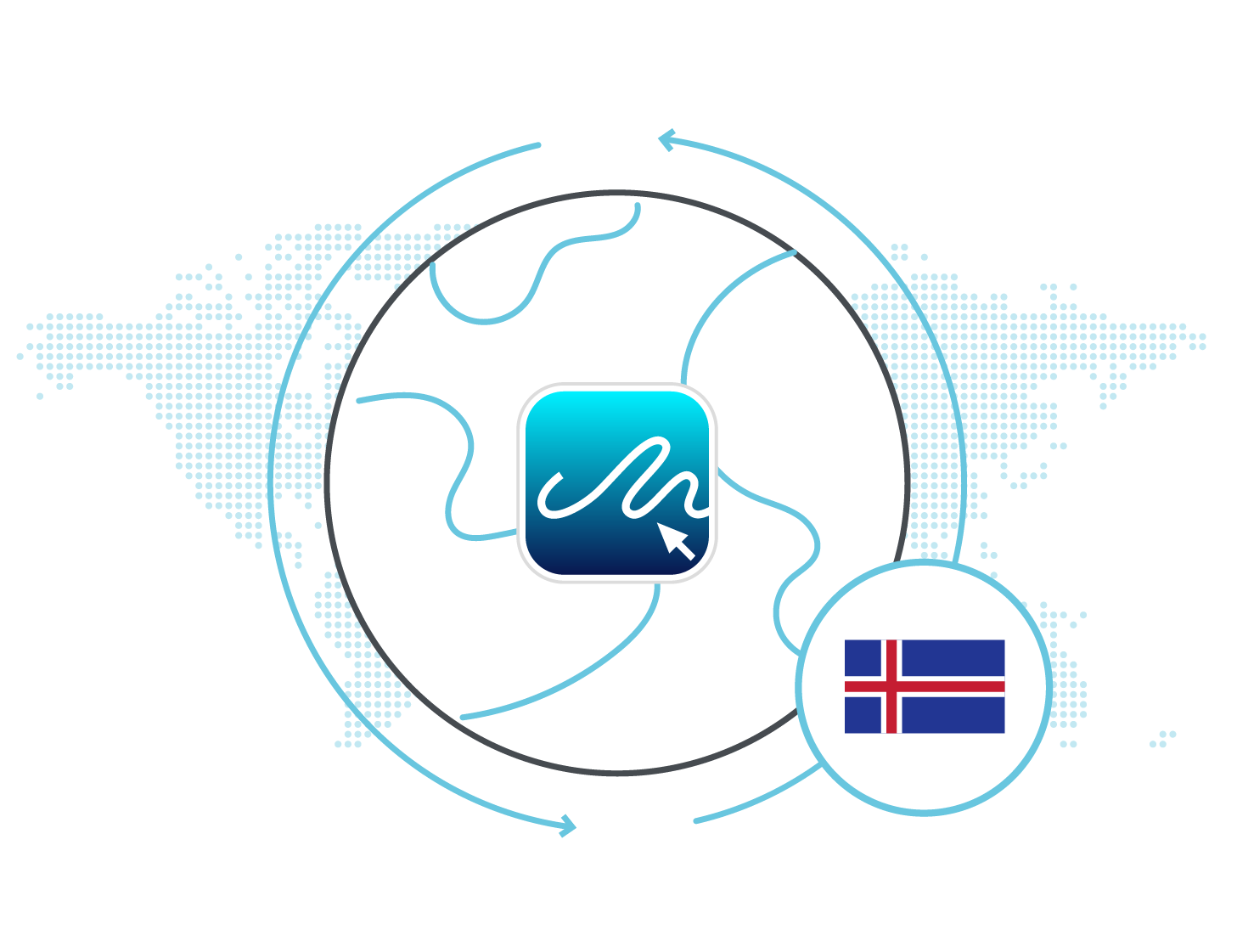
Trusted By
Are eSignatures Legally Binding in Iceland?
Documents that can be signed electronically
Use cases for qualified electronic signatures (QES) in Iceland include:
- Tenancy agreements
- Request for deprivation of legal competence
- Data Processing Agreements between controllers and processors
- Import declarations
- Marriage settlement or contracts
- Wills
- Employment agreements and terminations of employment agreements
- Residential lease agreements (can also be handwritten)
- Contracts to buy or transfer real estate
- Insurance contracts, notice of termination etc
Documents that may not be electronically signed
In Iceland, there are specific use cases that do not permit the use of electronic signatures and require a handwritten signature and formal notarial processes that are not typically compatible with e-signatures or digital transactions. These include:
- Employment contracts
- Residential lease agreements (can also be electronically signed)
- Some contracts associated with family law such as marriage contracts and contracts of inheritance
- Articles of incorporation of a company with limited liability
- Real property transfer contracts and deeds
Types of e-signature permitted in Iceland
The Icelandic Act is similar to eIDAS as it provides definitions for electronic signatures, advanced electronic signatures (AES), and qualified electronic signatures (QES). It defines an electronic signature as “data in electronic form that is logically associated with or attached to other electronic data which is used which is used the verify the origin of the latter data.”
An AES has additional security and verification requirements to ensure it is “uniquely linked to the signer”. A QES is an advanced signature that is created using a signature creation device and supported by a “qualified certificate”.
Notable legality changes since 2020
None.
Publicly Accessible Links to Laws/Regulations Discussed
Disclaimer
The content provided on this website is meant for general informational use only and does not constitute legal advice. Legal regulations on this topic can evolve rapidly, so E-Sign does not ensure that the information presented here is always up-to-date or accurate. If you have particular legal concerns regarding any details on this site, it is recommended that you consult with a licensed attorney in your jurisdiction.
Last Updated 9th October 2024










